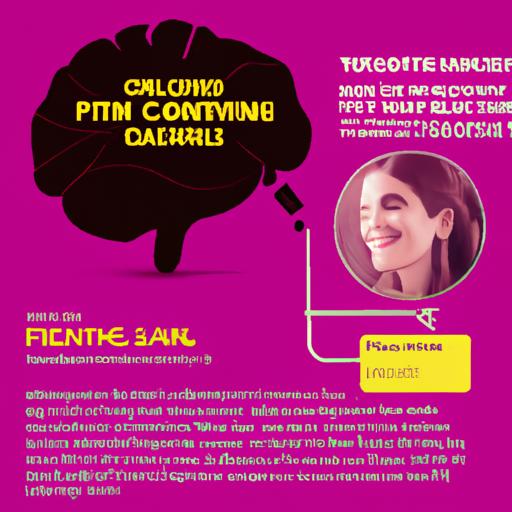In a bold move to adapt to the ever-evolving landscape of artificial intelligence, the popular photo-sharing community EyeEm has announced that it will be licensing users’ photos to train AI algorithms if they are not deleted from the platform. This decision has sparked a heated debate among users and tech enthusiasts alike, with some praising the platform’s forward-thinking approach and others expressing concerns over privacy and ownership rights. Let’s delve deeper into this controversial new development and explore the implications for both users and the future of AI technology.
– Expanding AI Capabilities through User Photo Licensing
EyeEm, the popular photo-sharing community, is taking a bold step in the realm of artificial intelligence by announcing their plan to license users’ photos to train AI models. This innovative approach allows EyeEm to utilize the vast collection of images uploaded by users to enhance the capabilities of AI technology.
By leveraging the diverse and high-quality images shared on the platform, EyeEm aims to improve the accuracy and performance of AI algorithms across various applications. Users who opt-in to this program will contribute to the advancement of AI technology while still retaining ownership of their photos. This unique collaboration between a photo-sharing platform and AI development has the potential to unlock new possibilities and drive innovation in the field.

– Balancing Privacy Concerns with Technological Advancements
EyeEm, a popular photo-sharing platform, recently sparked controversy by announcing their plans to license users’ photos to train artificial intelligence algorithms if users do not delete them. This move has raised concerns about the balance between privacy and technological advancements, as users may potentially have their personal images used without their explicit consent for a widely different purpose.
The decision by EyeEm has led to discussions about the fine line between respecting users’ privacy rights and leveraging user-generated content for technological innovations. While some argue that the platform is within its rights to utilize uploaded photos according to their terms and conditions, others express worries about potential misuse of personal data. As technology continues to advance, it is crucial for platforms like EyeEm to consider the ethical implications of their actions and ensure that they prioritize user privacy above all else.
– Empowering Users to Make Informed Decisions on Data Usage
EyeEm, a popular photo-sharing community, recently made headlines with their decision to potentially license users’ photos to train artificial intelligence technology. The company announced that if users do not delete their photos from the platform, they may be used in AI training datasets. This move has sparked debate among users about consent and control over their own data.
Users are now faced with a dilemma: delete their photos to prevent them from being used in AI training, or leave them on the platform and potentially contribute to advancements in technology. This development highlights the importance of empowering users to make informed decisions about how their data is used. By providing clear and transparent information about data policies and giving users the ability to control their own information, platforms like EyeEm can ensure that users feel empowered and in control of their data.

– Ensuring Transparency and Fair Compensation in AI Training Processes
EyeEm, a popular photo-sharing community, recently implemented a new policy that allows them to license users’ photos for AI training purposes if the images are not deleted from the platform. This move has sparked a debate among users, with some expressing concerns about the transparency and fair compensation in the AI training processes.
The company has clarified that users who have their photos selected for AI training will be compensated, but the exact details of this compensation have not been disclosed. This lack of transparency has left many users feeling uneasy about the use of their images for AI development. EyeEm’s decision highlights the growing need for clearer guidelines and communication when it comes to how users’ data and content are used in AI training processes. With the increasing reliance on AI technologies, it is crucial for companies to prioritize transparency and ensure that users are fairly compensated for their contributions.
The Conclusion
In conclusion, EyeEm’s decision to license users’ photos for AI training raises important questions about ownership and consent in the digital age. Whether you choose to delete your photos or allow them to be used, it’s clear that our online presence has the potential to shape the future of technology. As we navigate these complexities, let’s continue to advocate for transparency and ethical practices in the increasingly interconnected world of photo-sharing and AI. Thank you for reading.



